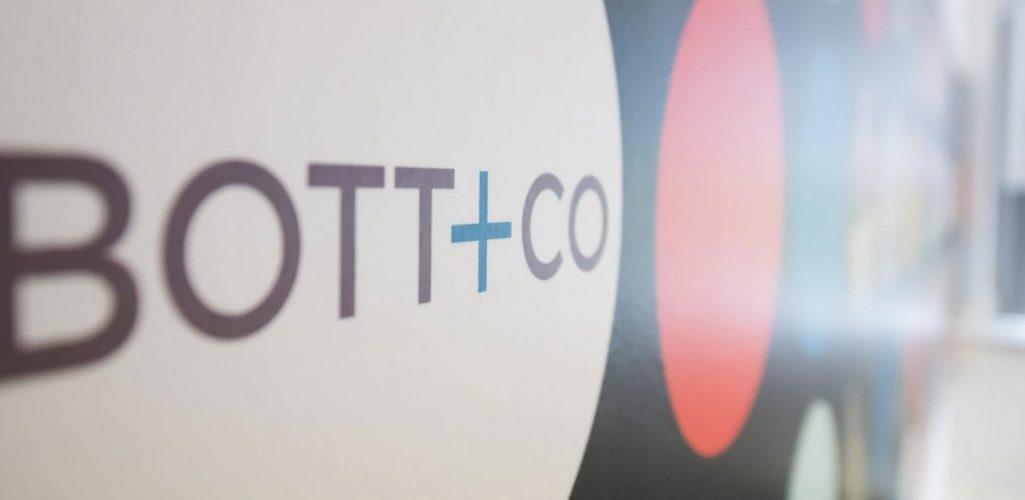In a landmark ruling on July 10th, 2024, the Supreme Court delivered a decisive victory for air passengers in the case of Lipton v BA City Flyer. The court determined that crew sickness does not qualify as an extraordinary circumstance under EU Regulation 261, allowing passengers to claim compensation for flight delays and cancellations caused by crew sickness.
Case Background
In January 2018, Mr. and Mrs. Lipton’s flight from Milan to London was cancelled due to their pilot falling ill at short notice. They were placed on another flight which arrived 2 hours and 36 minutes later than their original scheduled arrival time. Initially, BA Cityflyer Ltd defended against the claim, but the Supreme Court ultimately ruled in favour of the Liptons.
Judicial Journey
Initially, two courts upheld BA Cityflyer’s position. However, the Court of Appeal later ruled in favour of the couple, prompting the airline to take the case to the Supreme Court. On July 10, 2024, all five Supreme Court justices unanimously rejected the airline’s appeal.
In their judgment, Lord Sales and Lady Rose emphasised that the timing of the pilot’s illness was irrelevant, stating that the crew member is always an “inherent part of the airline’s operation,” whether on duty or not.
With the support of Lord Lloyd-Jones, Lord Burrows, and Lady Simler, they explained: “If a pilot drinks and becomes unfit for duty, leading to a flight cancellation, this is inherently part of the airline’s operations.”
They further noted that the same principle applies to the need for the captain and cabin crew to be well-rested during stopovers, as they have numerous obligations to both their employers and the public during these periods.
“These responsibilities are inherent to the airline’s operations, and if they are unable to work due to issues arising during rest periods, whether their fault or not, it is not considered an extraordinary circumstance.”
Implications of the ruling
- Clarification on Crew Sickness: The Supreme Court determined that crew sickness is not an extraordinary circumstance, meaning airlines cannot use it as a defence to avoid paying compensation.
- Precedent-Setting: This ruling sets a significant precedent for future cases involving flight disruptions due to crew issues, ensuring greater protection for air passengers’ rights.
- Compensation Pathway: Affected passengers can now move forward with their claims, potentially receiving compensation ranging from £220 to £520, depending on the distance of the disrupted flight.
This decision is an important step forward in protecting air passengers’ rights. Our clients have been incredibly patient, and we are thrilled that justice has been served. Airlines must now take their responsibilities seriously and ensure they are adequately staffed to avoid such disruptions, and if such disruptions occur, compensate passengers appropriately.
Next Steps for Passengers
This decision is a significant victory for thousands of passengers, including over 1,000 clients represented by Bott and Co alone, many of whom have been waiting over five years for this outcome. The Supreme Court’s decision paves the way for these passengers to finally receive the compensation they are entitled to under EU Regulation 261/2004.
Passengers affected by crew sickness on their flights can contact Bott and Co to determine their eligibility for flight delay compensation and begin the claims process on a no win no fee basis.
